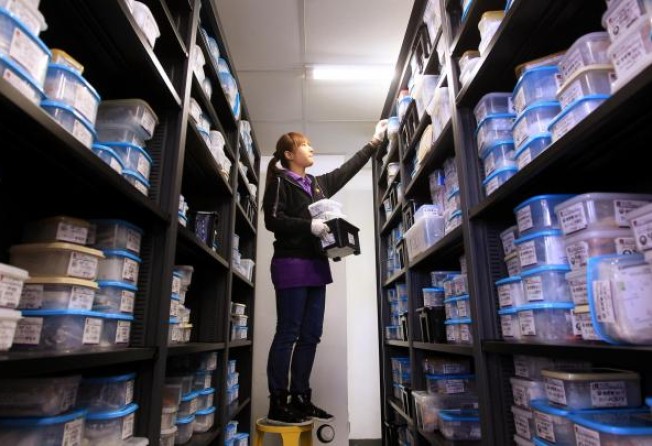Drug danger in care homes sparks calls for community pharmacies
More than 100 residents in old-age homes given wrong medicine since 2009, triggering calls to bring in pharmacy system to keep patients safe

Elderly people in care homes are at risk of being given the wrong medication and incorrect doses.
The South China Morning Post has learnt that 118 mistakes in the dispensing of drugs were reported at the city's old-age homes from 2009 to the end of 2012 - 70 per cent involved errors in dosage, labelling and distribution to the wrong people.
The mistakes led to prosecutions against six homes, according to the Social and Welfare Department.
The figures sparked renewed calls for more community pharmacies, a standard system in many countries, which helps reduce the risk of patients being given the wrong drugs.
Labour Party lawmaker Peter Cheung Kwok-che, who represents the social welfare constituency, said: "It appears that medication incidents are underreported, especially in private old-age homes, because many health workers are unskilled and illiterate. Since there are no labels on the drug cup that patients are given, the chances of administering the wrong medicine is high."
Cheung accused the government of failing to monitor the safe use of medicines in old-age homes even though guidelines on medication management are in place. He urged the government to adopt a community pharmacy system to provide a centralised dispensing service in old-age homes.
There is only one community pharmacist in Hong Kong. Peter Suen Yiu-chan's business, which is based in Fo Tan, Sha Tin, provides all medicine-related documenting and dispensing services to 20 elderly homes, about 3,000 beds in total.
He said recently: "A community pharmacy is a socially inclusive service adopted some 50 years ago in countries like the United States, Australia and the United Kingdom to promote primary health care, but there is still only one in Hong Kong.
"Our pharmaceutical sector has been calling on hospital chiefs to bring in more service providers. But they have been reluctant to come up with measures to solve the problem."
While drugs in Hong Kong's old-age homes are usually dispensed by nurses or other trained health workers, they do not have the same level of expertise as pharmacists or qualified dispensing assistants do.
Under the community pharmacy scheme, a qualified central company or agency - run by a pharmacist and staffed by professionally trained dispensers - does the job for a group of homes, helping to vastly reduce the potential for accidents.
Suen set up his community pharmacy - the Active Care Pharmacy - in 2000, adopting a dosage monitoring system used in Australia and Britain.
"Community pharmacies play a key role in guarding drug safety," he said. "For example, in 2009, a batch of allopurinol tablets - to treat gout - was recalled by the Department of Health after a black, foreign substance was found in them.
"We were able to get the word out immediately, informing our counterparts to stop dispensing allopurinol."
Community pharmacies can also play an important role in monitoring individual elderly people who take multiple drugs; some take more than 20 medicines, Suen said. "A lack of close monitoring, especially after new drugs are prescribed to the elderly, will increase the risk of adverse effects and complications," he said.
Suen said hospitals and clinics are not exchanging enough information about their patients' drug prescriptions.
"Drug regimens that are started in one clinic might be unnecessarily continued by another prescriber, who is reluctant to communicate with the previous prescriber. This can result in unintentional duplication," he said.
Suen worries about the growing demand for health care services as a result of Hong Kong's ageing population. "The population aged 65 and over will double from one million now to two million in 2041. Does the government have a co-ordinated, long-term plan for elderly care?" he said.
Pang Hung-cheong, patients' rights advocate with the Society for Community Organisation, said hospitals and clinics were not communicating enough with old-age homes about administering residents' drugs, which puts the patients at risk.